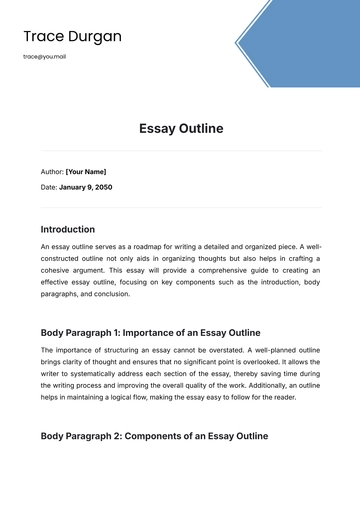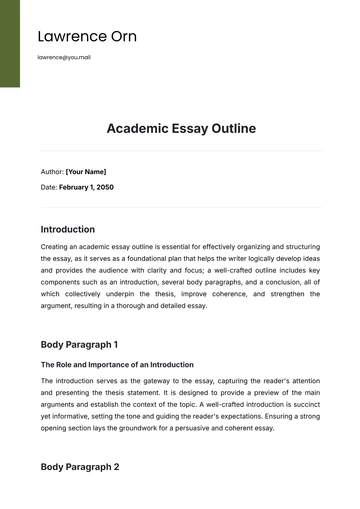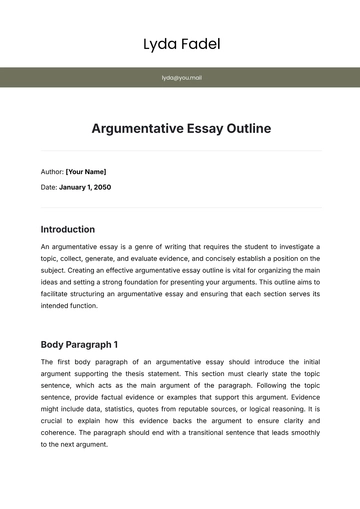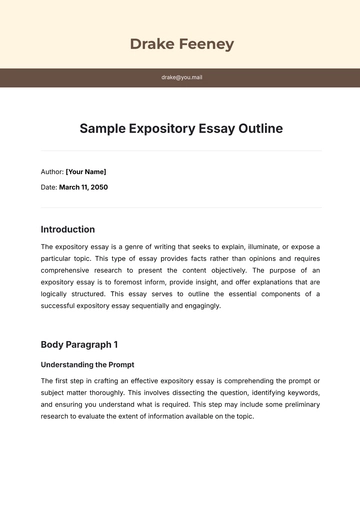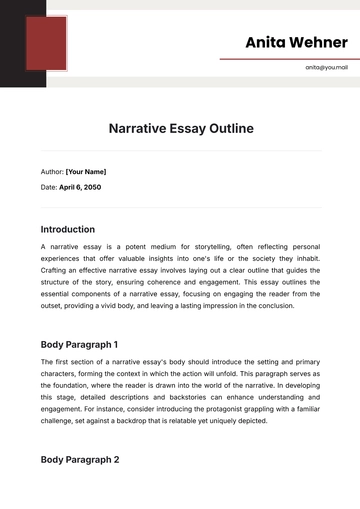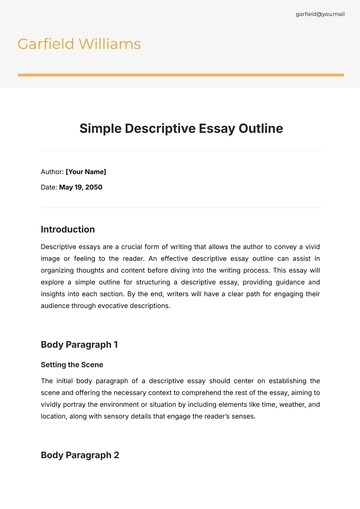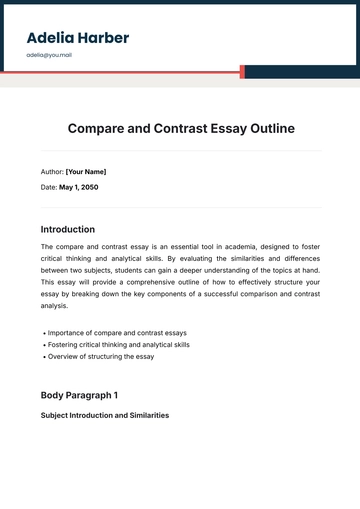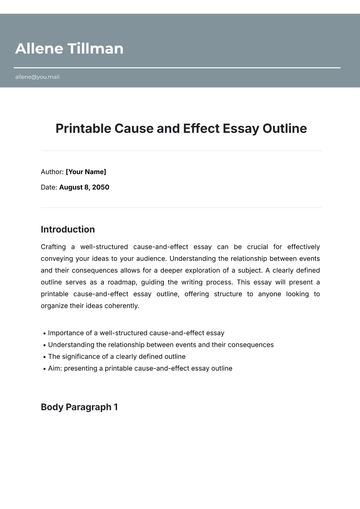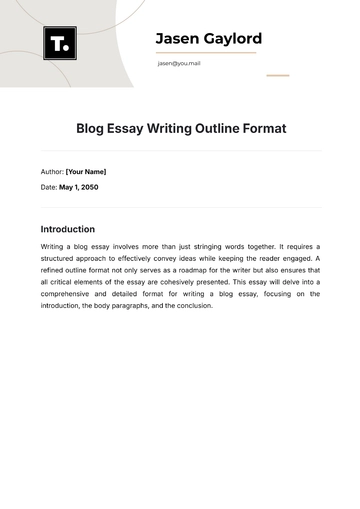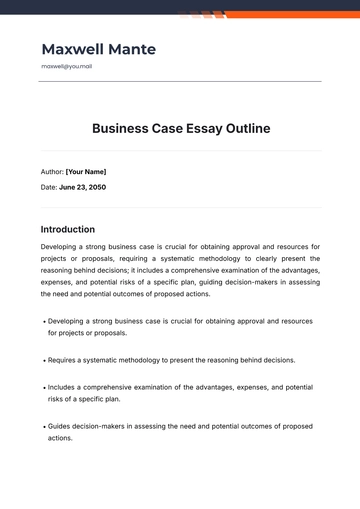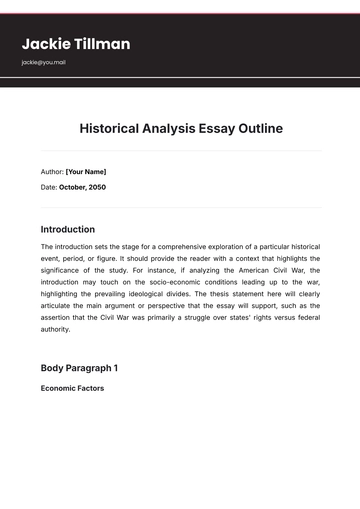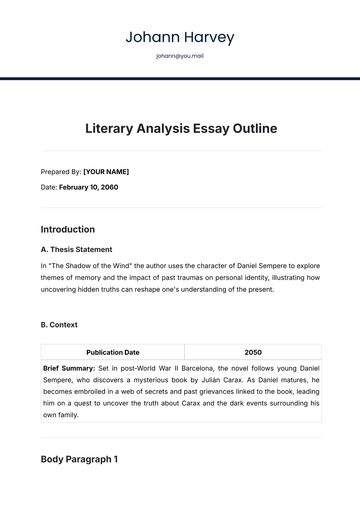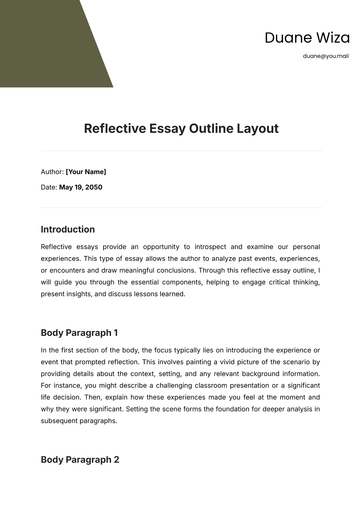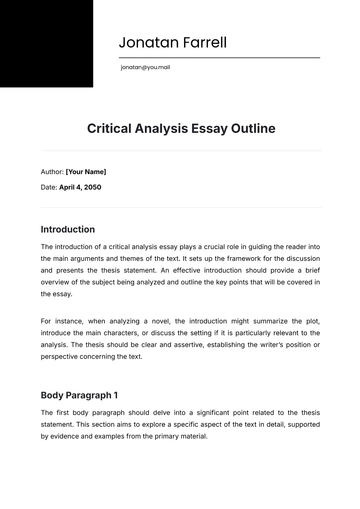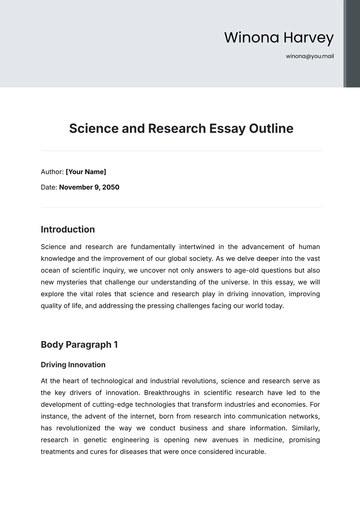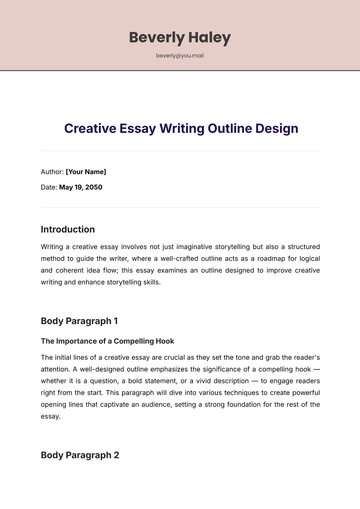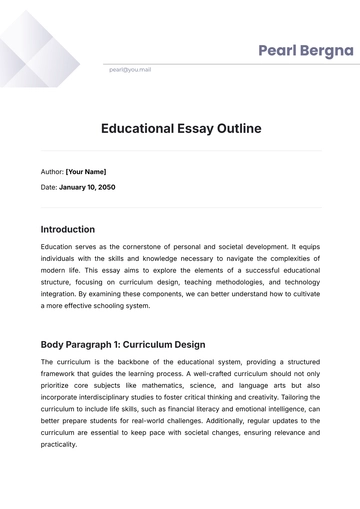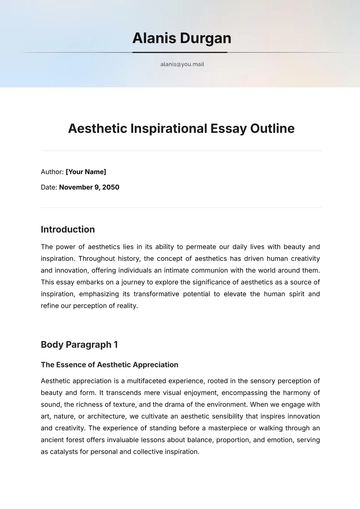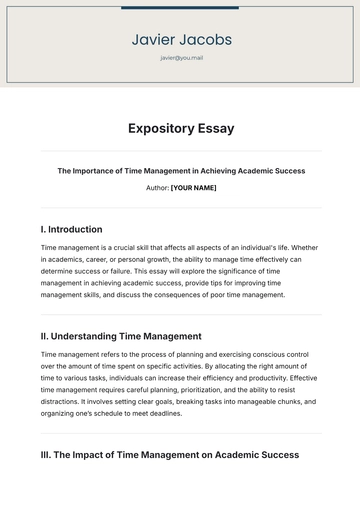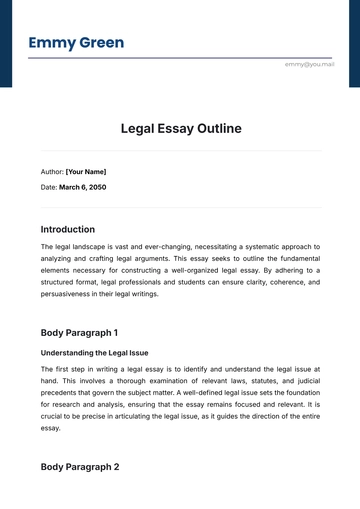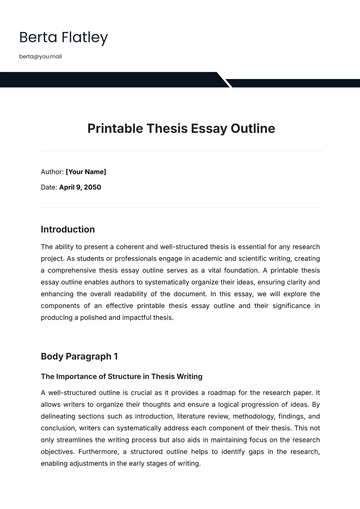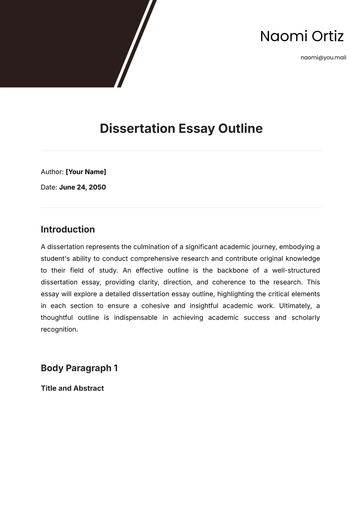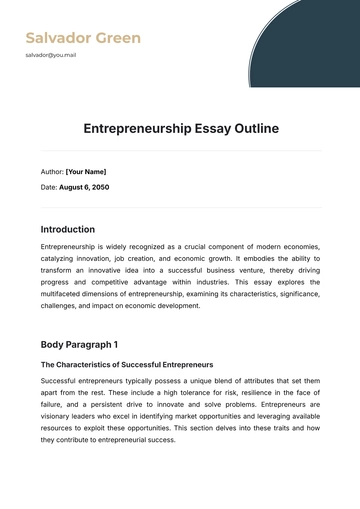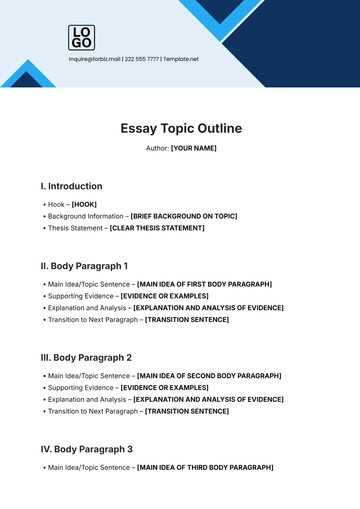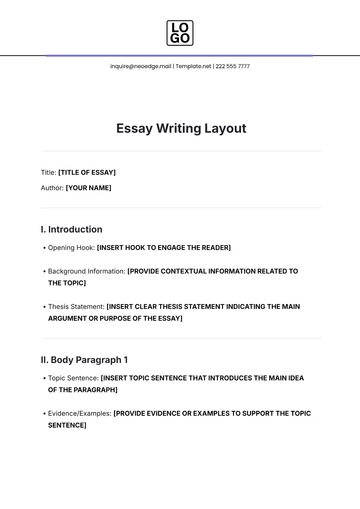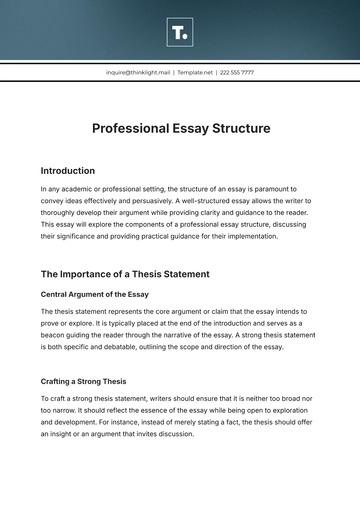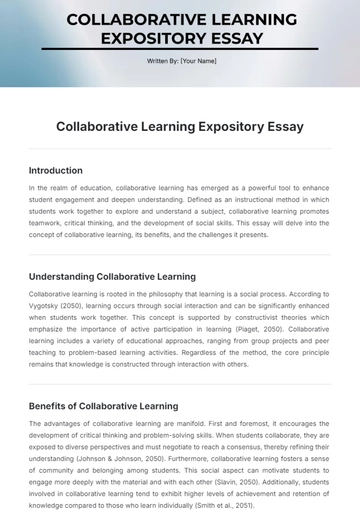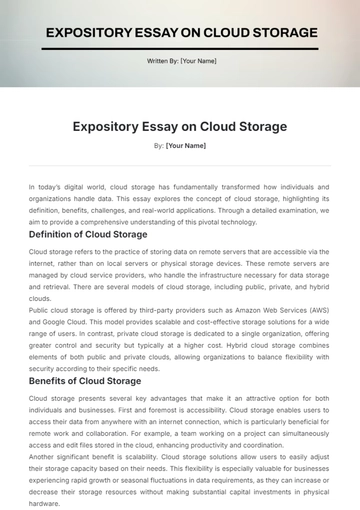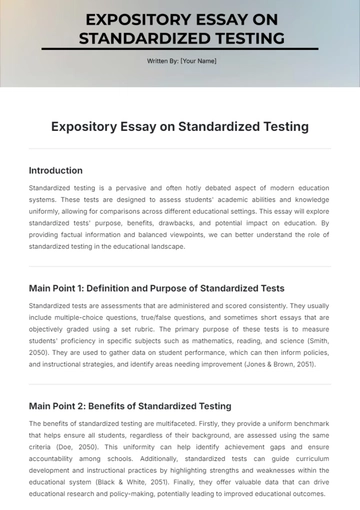Free Social Media Addiction Expository Essay
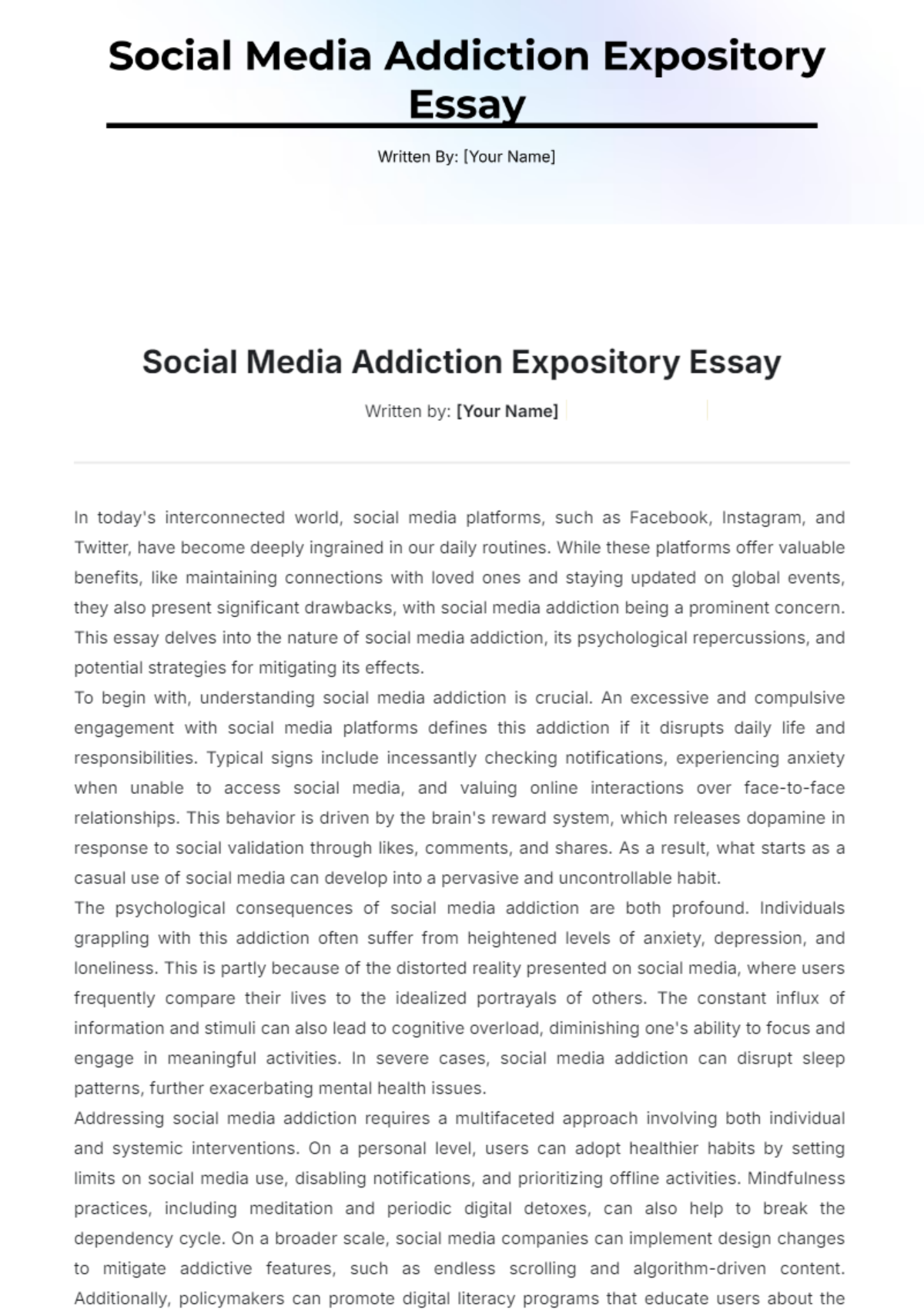
Written by: [Your Name]
In today's interconnected world, social media platforms, such as Facebook, Instagram, and Twitter, have become deeply ingrained in our daily routines. While these platforms offer valuable benefits, like maintaining connections with loved ones and staying updated on global events, they also present significant drawbacks, with social media addiction being a prominent concern. This essay delves into the nature of social media addiction, its psychological repercussions, and potential strategies for mitigating its effects.
To begin with, understanding social media addiction is crucial. An excessive and compulsive engagement with social media platforms defines this addiction if it disrupts daily life and responsibilities. Typical signs include incessantly checking notifications, experiencing anxiety when unable to access social media, and valuing online interactions over face-to-face relationships. This behavior is driven by the brain's reward system, which releases dopamine in response to social validation through likes, comments, and shares. As a result, what starts as a casual use of social media can develop into a pervasive and uncontrollable habit.
The psychological consequences of social media addiction are both profound. Individuals grappling with this addiction often suffer from heightened levels of anxiety, depression, and loneliness. This is partly because of the distorted reality presented on social media, where users frequently compare their lives to the idealized portrayals of others. The constant influx of information and stimuli can also lead to cognitive overload, diminishing one's ability to focus and engage in meaningful activities. In severe cases, social media addiction can disrupt sleep patterns, further exacerbating mental health issues.
Addressing social media addiction requires a multifaceted approach involving both individual and systemic interventions. On a personal level, users can adopt healthier habits by setting limits on social media use, disabling notifications, and prioritizing offline activities. Mindfulness practices, including meditation and periodic digital detoxes, can also help to break the dependency cycle. On a broader scale, social media companies can implement design changes to mitigate addictive features, such as endless scrolling and algorithm-driven content. Additionally, policymakers can promote digital literacy programs that educate users about the risks associated with excessive social media consumption.
In conclusion, while social media undeniably provides valuable opportunities for connection and information sharing, its addictive qualities pose significant risks to mental well-being. Recognizing the signs of social media addiction and understanding its psychological impact are essential first steps toward addressing its effects. By combining individual efforts with systemic reforms, society can maximize the benefits of social media while minimizing its potential harms.
- 100% Customizable, free editor
- Access 1 Million+ Templates, photo’s & graphics
- Download or share as a template
- Click and replace photos, graphics, text, backgrounds
- Resize, crop, AI write & more
- Access advanced editor
Discover the Social Media Addiction Expository Essay Template from Template.net—your key to a compelling, well-structured essay. This customizable and editable template can be tailored to your specific needs, and is easily modified in our AI Editor Tool. Perfect for crafting insightful essays on social media habits with ease and precision.
